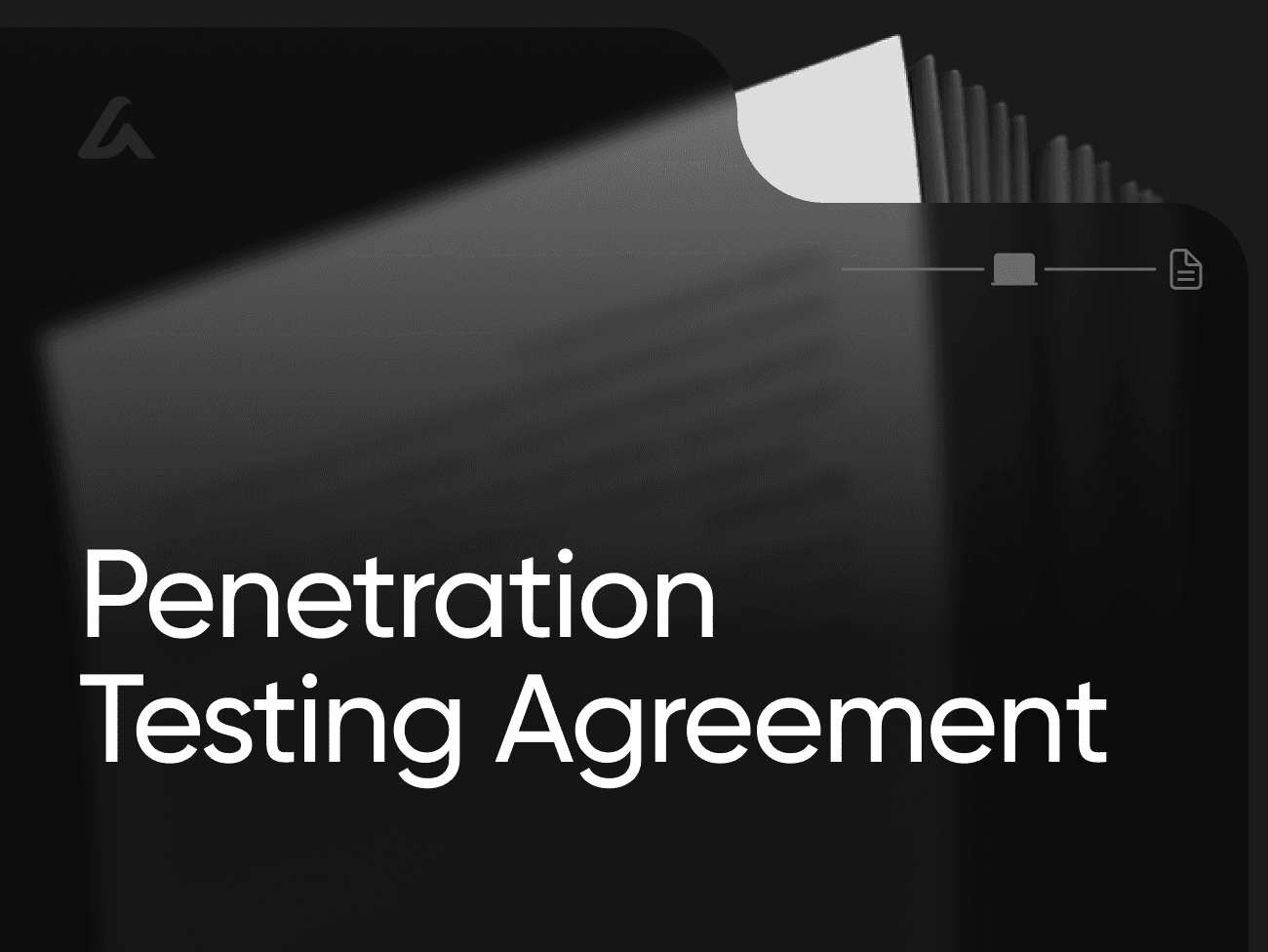AI Lawyer Blog
Embracing AI in Business Law: A Practitioner's Perspective

Greg Mitchell | Legal consultant at AI Lawyer
4
As a business lawyer entrenched in the daily complexities of corporate legalities, I've witnessed a paradigm shift brought forth by the advent of artificial intelligence (AI). AI has not just infiltrated the legal profession; it has begun to redefine it. Here, I share an insider's view on how AI is enhancing our capabilities, streamlining our workflows, and shaping the future of business law.
You Might Also Like:
Transforming Legal Research
Legal research, once a time-intensive pursuit of poring over case law and statutes, has been revolutionized by AI. Platforms powered by AI have transformed this foundational task into an almost instantaneous process. The integration of machine learning technologies means that I can now input queries in plain language and receive precise references and insights in a fraction of the time it once took.
Rethinking Document Review
In litigation and due diligence, document review is paramount. The predictive coding capabilities of AI have overhauled this process. Now, when I flag a document as relevant, the AI system learns and becomes more adept at identifying similar documents. This not only speeds up the review process but also enhances its accuracy, a leap forward acknowledged and accepted by the legal community and courts alike.
Contract Analysis Reimagined
Analyzing contracts, whether in bulk or individually, is a staple of the business lawyer's role. AI's impact here cannot be overstated. At the firm where I practice, we've employed AI to interpret commercial loan agreements — a task that historically consumed hundreds of thousands of lawyer-hours — within mere seconds. This capability isn't just impressive; it's transformative, allowing us to reallocate precious time to more strategic tasks.
Predictive Analytics: Charting the Legal Landscape
One of the most profound advancements AI brings to the table is predictive analytics. With it, we can forecast case outcomes with a previously unattainable degree of precision. This predictive power is reshaping how we advise our clients on litigation and settlement strategies, arming us with data-driven insights that bolster our legal acumen.
AI: The Efficiency Multiplier
The efficiency AI imparts to legal operations is not just incremental; it's multiplicative. Routine tasks that once anchored us to our desks are now handled by AI, freeing up time for client interaction and higher-level legal work. The result? Enhanced productivity that benefits both our clients and our practice's bottom line.

AI Lawyer offers many prompts from any legal spheres

AI Lawyer is answering on legal questions
Ethical and Practical Considerations
Despite AI's clear advantages, it's essential to approach its integration with a measure of caution. Ethical considerations, such as implicit bias in AI tools and legal liability questions, remain at the forefront of discussions. Moreover, we must ensure that AI's application in our field adheres to the highest standards of accuracy and client confidentiality.
The Future Is Now
The future of business law is unfolding in real-time, and AI is the catalyst. As a business lawyer, I not only witness the change; I am part of it. Embracing AI in our practice is not a speculative step towards an undefined future — it is a decisive stride into a new era of legal proficiency and client service.
For fellow practitioners seeking to delve deeper into the applications and implications of AI in our field, I recommend exploring the nuanced analyses provided by industry-leading platforms such as Thomson Reuters, Clio, Harvard Journal of Law & Technology, and Bloomberg Law. These resources
serve as an excellent starting point for understanding how AI can be leveraged to not only meet but exceed the demands of contemporary legal challenges. By integrating AI into our practices, we business lawyers can ensure that we're not just participants in the future of law but active shapers of its trajectory.
In conclusion, AI in business law is not just a tool; it is a transformative force that allows us to extend our capabilities beyond traditional boundaries. The effective use of AI in legal practice is a testament to the profession's adaptability and commitment to progress, ensuring that we continue to serve our clients with the utmost efficiency and insight.
Sources and References
Reflections in this article on AI-driven legal research, document review, contract analysis, and predictive analytics are consistent with the American Bar Association’s overview of how artificial intelligence can benefit law firms and recent analyses from Thomson Reuters’ “Future of Professionals” research and its blog on how AI is transforming the legal profession, which highlight major efficiency gains in research, review and drafting. Broader implications for business-law practice and firm business models, including outcome prediction and billing changes, draw on scholarship from the Harvard Program on the Legal Profession’s work on AI and law firm business models and the Harvard Journal of Law & Technology primer on using artificial intelligence in the legal profession, as well as Clio’s Legal Trends Report series and its guide to AI adoption in the legal industry, which document growing usage of AI tools in everyday law practice. Ethical and risk considerations around bias, confidentiality, and malpractice exposure reflect cautions raised in Reuters’ analysis of AI-related risks for legal professionals and in the Harvard “Generative AI in the Legal Profession” issue, which examine liability, oversight duties, and the need for robust governance as firms integrate AI into their workflows.
You Might Also Like:



